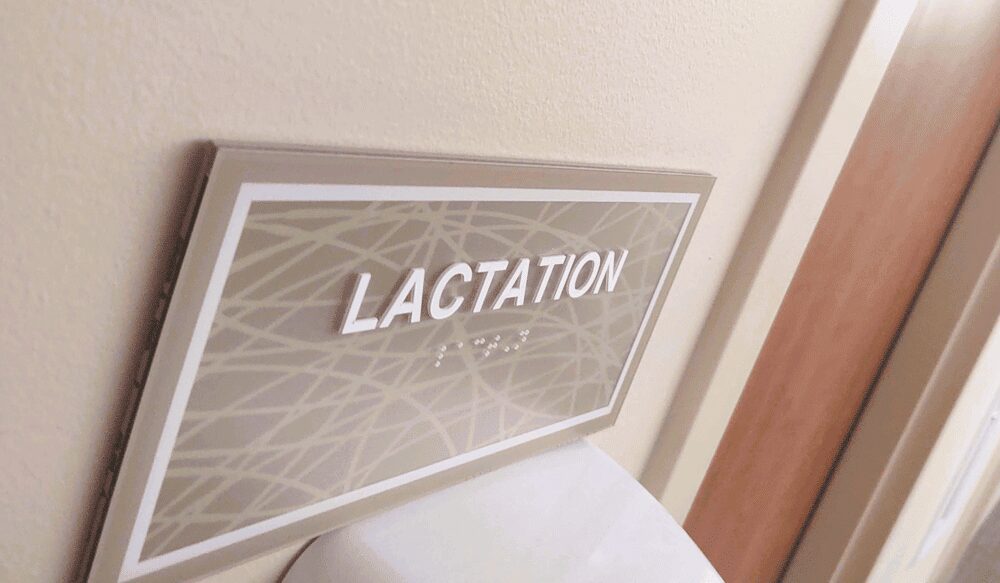
By Julie R. Lehan
Lactation support laws are not new, but they continue to evolve. This article provides a brief survey of some of the lactation support laws that may be applicable to your business.
In Nebraska, a mother has a right to “breast-feed her child in any public or private location where the mother is otherwise authorized to be.” But Nebraska law does not end there on this topic. Under the Nebraska Fair Employment Practice Act (“NFEPA”), breastfeeding mothers are a distinct protected class. The NFEPA bars a covered employer from discriminating against “an individual who is pregnant, who has given birth, or who has a related medical condition” in connection with the application process, hiring, promotion, compensation, training, discharge, or other
terms of employment.
One example of such unlawful discrimination would be “[n]ot making reasonable accommodations to the known physical limitations” of a breastfeeding mother, unless the employer can show that providing the accommodation would impose an “undue hardship” on its business operations.
A reasonable accommodation would include allowing a breastfeeding employee a break and facilities for lactation.
Generally, the NFEPA applies to employers with fifteen or more employees or non-federal government employers.
Effective December 29, 2022, the Fair Labor Standards Act (“FLSA”) was amended by the passage of the PUMP for Nursing Mothers Act (“PUMP”). An employer subject to PUMP
must provide:
(1)“a reasonable break time for an employee to express breast milk for such employee’s nursing child for 1 year after the child’s birth each time such employee has need to express the milk”; and
(2)“a place, other than a bathroom, that is shielded from view and free from intrusion from coworkers and the public” for use as a lactation area. Historically, FLSA had those same requirements. However, PUMP provides for more expansive protections for employees. Covered employers must now pay an employee for lactation break time if “required by Federal or State law or municipal ordinance.”
For example, if an employer provides compensation for breaks in general, then it must compensate an employee for lactation break times the same way that other employees are compensated for their break times. Further, per the general requirement of the FLSA, the time an employee spends on a lactation break must be considered “hours worked” for wage-and-hour purposes if that employee is required to perform any duties, whether active or inactive, while on a lactation break (usually when the break lasts for 30 minutes or more). Therefore, employers should ensure an employee on a lactation break is completely relieved of work duties during the “entirety of such break.”
PUMP allows for some exceptions. For instance, the requirements do not apply to an employer of less than fifty employees if complying with them would “impose an undue hardship by causing the employer significant difficulty or expense when considered in relation to the size, financial resources, nature, or structure of the employer’s business.”
Effective April 28, 2023, an employee who has been denied one or more aspects of PUMP may sue the employer for legal or equitable damages such as lost wages, liquidated damages, and attorney’s fees and costs.
To learn more, please contact Julie R. Lehan at 402.392.1250.

